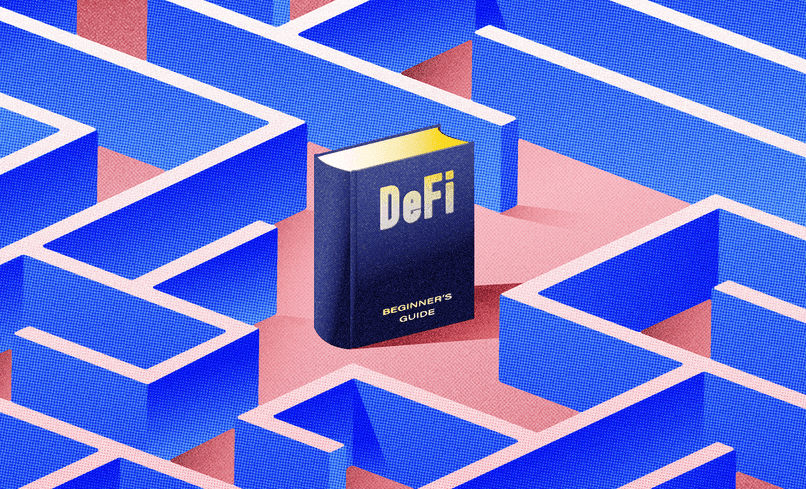A Beginner's Guide to DeFi: The Future of Decentralized Finance
Everything You Need to Know About DeFi and Its Exciting Applications, from Decentralized Exchanges to Yield Farming and Beyond
Decentralized finance, or DeFi, is a new financial system that operates entirely on the blockchain, without the need for traditional intermediaries such as banks or other financial institutions. DeFi is built on a decentralized network, which means there is no central authority controlling it. Transactions are recorded on a public ledger, providing complete transparency and immutability.
So, how does DeFi work, and what are some examples of DeFi applications? Here's a beginner's guide:
How DeFi Works
DeFi operates using smart contracts, which are self-executing computer programs that run on the blockchain. Smart contracts are used to automate financial transactions, removing the need for intermediaries such as banks or other financial institutions. DeFi applications are built on top of blockchain platforms, such as Ethereum, and are accessible to anyone with an internet connection.
Examples of DeFi Applications
Decentralized Exchanges (DEXs): DEXs allow users to trade cryptocurrencies directly with each other, without the need for a centralized exchange. Uniswap is one example of a popular DEX.
Stablecoins: Stablecoins are cryptocurrencies that are pegged to the value of a stable asset, such as the US dollar, providing stability in a volatile market. Tether is an example of a popular stablecoin.
Lending Platforms: Decentralized lending platforms allow users to borrow and lend cryptocurrency without the need for a centralized lender. Aave is an example of a popular DeFi lending platform.
Yield Farming: Yield farming platforms allow users to earn interest on their cryptocurrency holdings by lending them out to other users. Compound is an example of a popular DeFi yield farming platform.
Insurance: DeFi insurance platforms allow users to insure their cryptocurrency holdings against various risks. Nexus Mutual is an example of a DeFi insurance platform.
Prediction Markets: DeFi prediction markets allow users to bet on the outcome of various events, such as elections or sporting events. Augur is an example of a popular DeFi prediction market platform.
In conclusion, DeFi is a rapidly-growing area of the blockchain industry, with a wide range of applications. By using smart contracts and a decentralized network, DeFi applications can reduce costs, increase transparency, and provide more access to financial services. With a wide range of applications available, DeFi is a fascinating area for anyone interested in blockchain and the future of finance.




